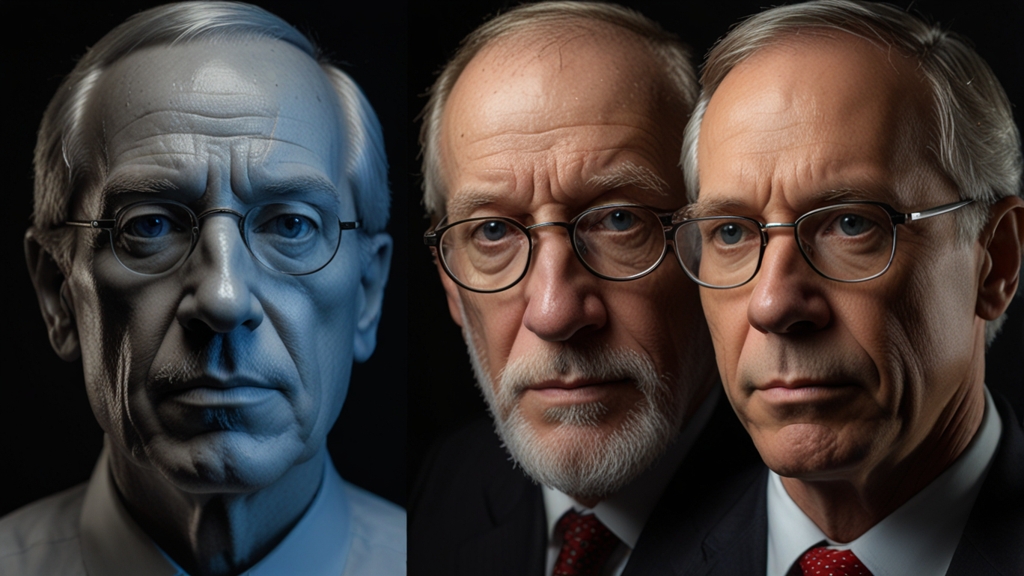Echoes of the Cross: The Ongoing Legacy of Crucifixion
The crucifixion of Jesus Christ is arguably one of the most significant and defining events in human history. Its impact resonates profoundly through religious belief, arts, culture, and moral philosophy. The echo of Christ’s sacrifice extends beyond the realms of Christian faith, permeating various facets of society and shaping the moral compass of countless individuals.
The Historical Context
Originating from ancient Persia and later adopted by the Romans, crucifixion was a brutal method of public execution reserved for the most severe crimes. It was designed to serve as a potent deterrent, a method that inflicted prolonged suffering and showcased the power of the ruling authorities. However, the crucifixion of Jesus transcended the commonplace punishment, evolving into a symbol of ultimate sacrifice and redemption for humankind.
Theological Significance
For Christians, the crucifixion is the cornerstone of faith. It represents the sacrificial love of God, who sent His only son to atone for the sins of humanity. The cross is more than a mere instrument of death; it is a powerful emblem of hope, salvation, and divine grace.
“For God so loved the world, that he gave his only Son, that whoever believes in him should not perish but have eternal life.” — John 3:16
This verse encapsulates the essence of the Christian doctrine of salvation. Believers view the crucifixion as the fulfillment of ancient prophecies and a profound mystery – God’s ultimate intervention in the world for the redemption of mankind.
Cultural and Artistic Impact
The imagery of the crucifixion has permeated various forms of art, from early depictions in catacombs and basilicas to renaissance masterpieces like Michelangelo’s Pietà and Salvador Dalí’s Christ of Saint John of the Cross. It has inspired countless works of poetry, literature, music, and film, all attempting to capture and convey the profound significance of this event.
“Christ died for our sins in accordance with the Scriptures, that he was buried, that he was raised on the third day…” — 1 Corinthians 15:3-4
This continuous interpretation and re-imagining keep the narrative alive and relevant across generations, illustrating the perennial power of the story of the cross.
Philosophical and Ethical Influence
Beyond theology and culture, the crucifixion has shaped ethical and philosophical thought. The concept of self-sacrifice, forgiveness, and unconditional love, epitomized by the cross, serves as a moral compass for believers and non-believers alike. Many secular philosophies draw on these themes, promoting the greater good and the altruistic treatment of others.
Moreover, the story of the crucifixion challenges individuals to confront issues of justice, suffering, and human dignity. It raises poignant questions about the nature of suffering and the capacity for human resilience and redemption.
Modern Resonance
In contemporary society, the cross remains an enduring symbol. It stands as a beacon in churches, a mark of faith worn around necks, and a silent yet powerful reminder of a profound historical event that continues to shape spiritual and moral landscapes. Even in an increasingly secular world, the echoes of the crucifixion resonate, pressing upon hearts and minds the virtues of love, sacrifice, and redemption.
The legacy of the crucifixion is not confined to religious teachings or historical memory. It lives on in the moral decisions and compassionate actions of individuals, influencing humanitarian ideals and efforts worldwide. The cross, as both a symbol and a story, continues to inspire and challenge, inviting humanity to grapple with its deepest values and highest aspirations.
Indeed, the echoes of the cross reverberate through the corridors of time, bearing a timeless message of hope and the transformative power of sacrificial love. It is a legacy that transcends temporal and spatial boundaries, speaking to the very heart of the human experience.













